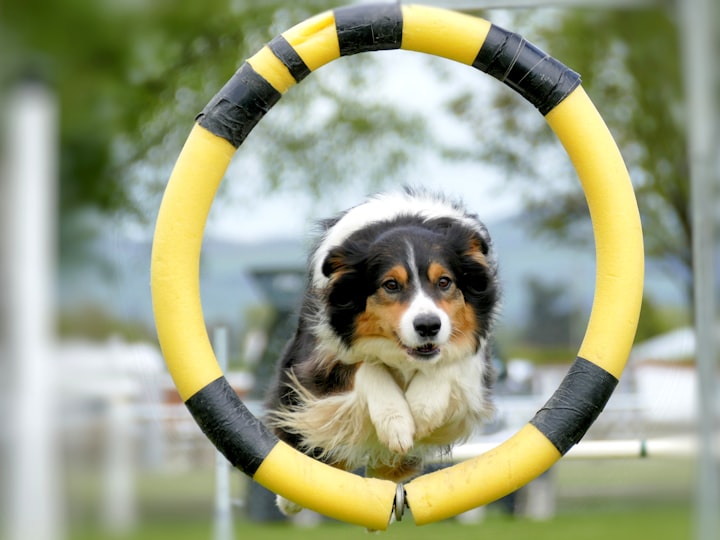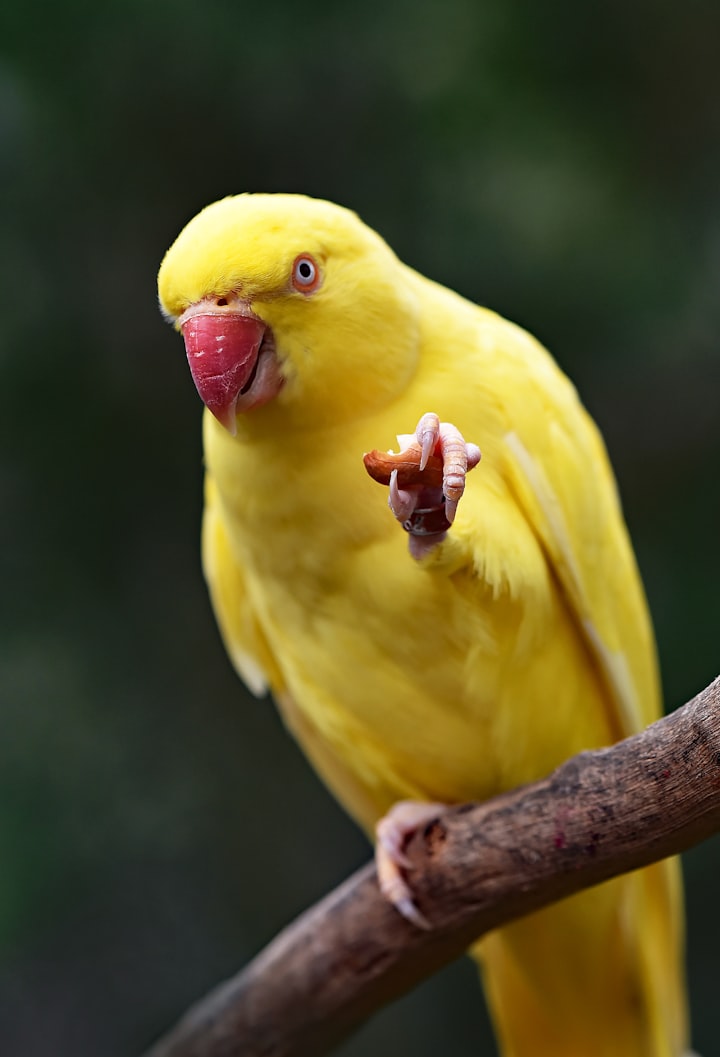
What is dog dummy training? You drop or hide a bag of food and the dog brings it back. At least this is what many inexperienced people imagine, but dummy training for dogs is much more. Read on to learn more about this versatile canine sport.
Dog sport
Dummy training for dogs is a canine sport that comes from training for hunting. Initially, it was about finding and collecting the birds or small animals that the hunter killed. To train hunting dogs without having to work with dead animals, decoys began to be used. A decoy, that is, a dummy, is an imitation of a real animal.
Find and collect: seems easy, right? Well, no, since in dog lure training you have to take into account many details. For example, the dog should not crush the decoy because, if it were a duck, it would be a failure in the hunt. In dog dummy training, the interaction between the person and the dog is essential.
The cornerstone: collection
Many dogs can bring the ball, but the actual collection is another level. In dummy training, it is a matter of picking up the lure and handing it over to the hand upon hearing the command.
the canine trainer Carolina Jaroch explains: «A well-developed recovery is a requirement for working with decoys to be satisfactory. Do not confuse the recovery with the game.
How does the training work?
To search for the lure there are three options:
Signaling: the lure flies through the air, the dog observes the trajectory and realizes where it lands. Things get complicated if the dog has to perform other tasks in between. You can also increase the level of difficulty by having several parallel drop points with different lures.
Search: olfactory work is required here. The dog searches for the lure on its own by scent without knowing where it has landed. The ground you need to sniff is usually 50 meters by 50 meters.
Instructions: In this variation, the handler knows where the lure is and guides the dog in its direction with practiced signals. This is also a great exercise for practicing obedience from a distance. Patience is required to see the first successes of training, as the dog must associate the signals with confidence. Only then can they be used to lead the dog in a certain direction. Apart from gestures and verbal signals, whistles are also widely used.
What dogs is this training suitable for?
dog breeds that like to fetch the ball are suitable for this training. Logically, these include the classic retriever breeds, such as the golden retriever, labrador, or Chesapeake Bay Retriever. Another characteristic of these dogs is that they like to work with their handler.
There are also many cooperative dogs, such as the German Wirehaired Pointing Dog, with excellent qualities for working with decoys. Some herding dogs, like the border collie, love exercises with decoys. For them, it is very important to control their temperament, sometimes exalted, during training. Dogs with an independent character, such as cattle guardians or sighthounds, are less cooperative with people. Therefore, lure training requires more patience with them.
Requirements for lure training
Before you rush into dog dummy training, your furry must learn some good basic obedience. For example, the command here! plays a very important role, as well as the firmness of the dog. This means that the dog waits patiently, without barking or whining, and only runs when he hears the command. For many dogs, this is quite a challenge. But practice makes perfect:
«Of course, there must be basic obedience, but in our dummy courses, we are always training loose elements, such as impulse control, the order here! or the response to the caregiver's call”, explains Carolina Jaroch.
Unlike many other dog schools, all breeds are accepted in their courses, from chihuahuas Weimaraners, and of course mixes:
"For us, dummy training is one of the most precious exercises for most man-dog teams."
Puppies can also start working with lures? Yes! However, they have to learn the basic commands in parallel. Also, exercise sessions should be short. But you will see that he will learn quickly and soon you will be able to teach him the first notions of dummy training. This includes, for example, the correct development of the collection.
What does dummy training for dogs provide?
Ideally, you and your dog have a lot of fun with this canine sport. In addition, it can provide you with these advantages:
Proper exercise for dogs
Strengthening the bond between you
Consolidation of practical daily orders, such as quiet or to
Adaptable to older or disabled dogs
Reinforcement of the dog's self-confidence
Plenty of outdoor exercise for dog and person
practical accessories
First of all, in dog lure training they have hardly used. dummies with food or wrapped in skin. The usual thing is that the furry ones learn to bring standardized lures. This measure is about ten centimeters long and weighs 500 grams. There are also lures for small dogs.
Also, the color should not be random: white and blue lures are easier for dogs to see, so they are ideal for beginners. Greens, oranges, or reds are almost invisible to the canine eye and therefore put more demands on the dog.
The basic equipment for dog dummy training includes:
various lures
a whistle
Rewards, like small training snacks I think
Optional: clicker
Collection strap / short or tracking leash with the harness
If you want to go to the professional level, you will need more equipment, such as signal poles to help the dog search. Dust can help you determine wind direction, an important criterion for canine sniffers.
To transport the lures you can buy a large vest or a bag that can fit many dummies and accessories.
By the way: a dummy is not a chew toy. Therefore, keep them all in a safe place after training. Your dog should never get a chance to bite into a lure, so don't leave them lying around.
How can I learn dog dummy training?
There are exercises that you can practice without an expert, e.g. eg, with internet videos or books that describe them in detail.
However, if you want to get serious, you should attend a specialized course at a canine school or association.
Carolina Jaroch relates: «After an introduction, we go with the group to nature: meadows, water, and forest. Working with the dog in nature is very enriching. However, care must be taken during the closed season.
Uncontrolled poaching dogs should be leashed or practiced in a fenced area.
Ready, Set, Go: Tests and Competitions
There are competitions for various categories, from beginner to expert. If you train carefully from the beginning, soon you will be able to dare with a competition. Working tests are common here, but normally only retriever breeds are allowed.
This happens, for example, in the annual GermanCup competition of the German Deutscher Retriever Club (DRC). These national events are exciting, even for spectators, and showcase lure work at the highest level. In Germany, the Berufsverband für Hundeerzieher:innen und Verhaltensberater:innen eV (BVH) offers dummy tests for all breeds and mixes.
The event regulations provide inspiration for progress and new challenges, even for those who only train for fun. The most important thing about dog lure training is joint learning and the satisfaction of working together.
Interesting fact: Dog trainer Jan Nijboer, inventor of the tribal, developed a variant of dummy training for dogs. In his Natural Dogmanship training concept, Nijboer does not work with classic lures, but with dummies that contain food.
About the Creator
Abu Saleh
Content writer & Affiliate marketer. https://bestpetslover.com






Comments
There are no comments for this story
Be the first to respond and start the conversation.